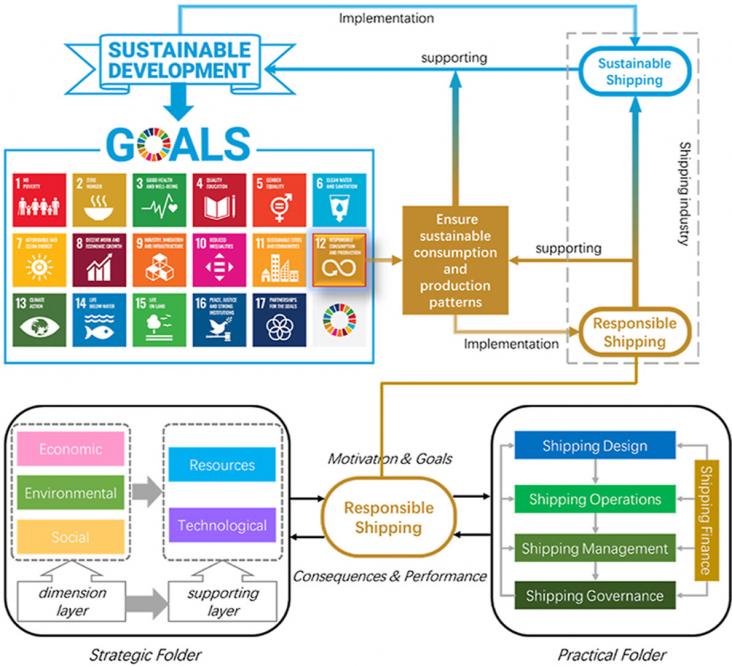This Article supports SDGs 3 and 13 by estimating how global income inequality might have to be reduced in order to ensure both decent living standards and reductions in global energy use for planetary health.
This paper concludes that ASF (animal-source foods) production generally has a large environmental impact; yet, when produced at an appropriate scale and in accordance with local ecosystems and contexts, livestock can play an important role in circular and diverse agroecosystems that, in certain circumstances, can help restore biodiversity and degraded land, mitigate Green House Gas emissions from food production, and contribute to food security and nutrition for populations worldwide.
This Article supports SDG7 and 13 by proposing a new model to identify the most critical features of energy storage system technologies to enhance renewable energy integration and achieve New York State's climate goals from 2025 to 2040.
The article investigates the role of environmental pollutants, especially endocrine disrupting chemical, and their negative effect on fertility.
This article advances SDG # 13 by devising a new way of accounting for responsibility, and shows that developing countries value-chain based responsibility for global CO2 emissions has surpassed that of developed countries since 2012 and is increasing quickly. Massive global value chains, through global trade, make accounting for "responsibility" of climate emissions increasingly complicated.
This article supports SDG 15 through its study of the effects of crop rotation on soil microorganisms and concluded that crop rotation could enhance soil microbial biomass and bacterial diversity, and the effect of crop rotation on soil phosphatase and β-glucosidase activity.
In this paper the authors investigate the effects of climate changed and hydroclimatic extremes on hydropower production in India

As growing coastal societies and projected high population densities predict a larger demand for marine ecosystem services in the future, jellyfish may affect the fulfillment of such needs, thus becoming prominent players in provisioning, cultural, and supporting services. Hence, our results advocate for their inclusion in multidisciplinary research beyond regional scales and call for investing in this group through systematic surveys.

Offers practical insights to guide shipping industry managers to introduce environmentally responsible and sustainable practices.
In this paper the authors analyze the impact of the Glasgow COP26 agreements on commitments from the Paris climate agreement
